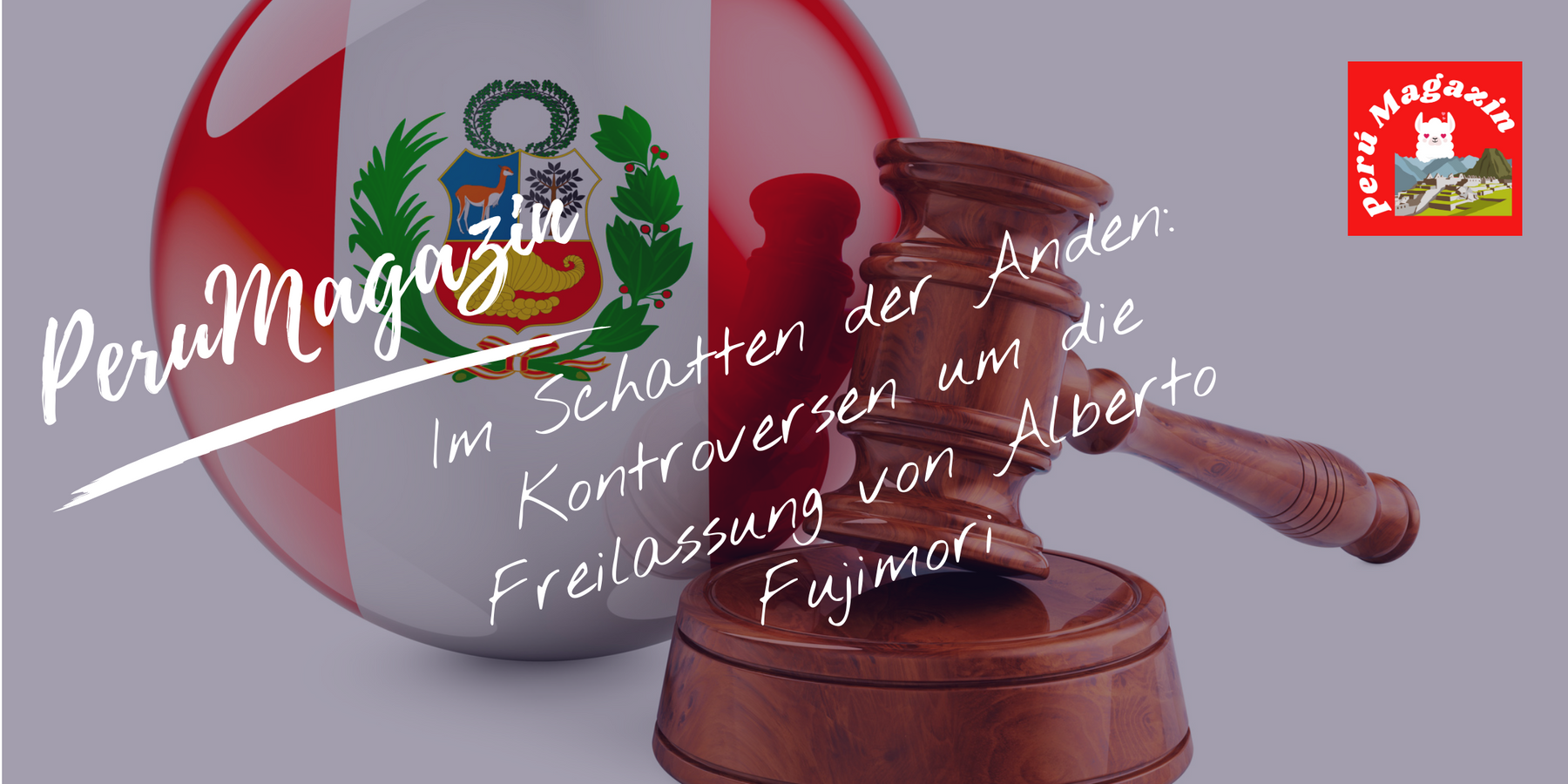
In the Shadow of the Andes: Controversies Surrounding the Release of Alberto Fujimori

The South American political stage is once again experiencing a drama that divides minds and triggers controversial discussions about justice and human rights. Former Peruvian President Alberto Fujimori, who has been serving a 25-year prison sentence for human rights violations and corruption since 2007, is once again the center of attention. The Supreme Constitutional Court decided on Wednesday to release him from prison after reinstating his pardon for the second time in two years. But the situation is complex, characterized by international interventions and different political perspectives.
Fujimori, who dominated Peru's political scene in the 1990s, was found guilty in 2009 of ordering the massacre of 25 people during his administration as his government battled the Shining Path guerrillas. A conviction that led to a long prison sentence and brought the former head of state into the focus of the international human rights debate. But recent developments raise questions about how fair this punishment is and whether other factors, such as Fujimori's health, should be taken into account.
The chronicle of these events began with a controversial decision at Christmas 2017. At that time, then-President Fujimori pardoned, which led to his temporary release. However, the international community, particularly the Inter-American Court of Human Rights (IACHR), intervened and revoked the pardon due to violations of human rights norms. A decision that was seen by many as a necessary protection against impunity and as a sign of upholding human rights.

Local courts in Peru reinstated the pardon last year, despite previous international intervention. This led to further controversy and highlighted the tensions between national and international legal norms. Fujimori's lawyer, Elio Riera, said his client was waiting "patiently" for his freedom, while local activists criticized the decision as an "affront to justice."
The Supreme Constitutional Court's recent decision to uphold the pardon has once again caused a stir. President of the court, Francisco Morales, stressed that Alberto Fujimori must be released in accordance with this decision. This sparked mixed reactions, with supporters pointing to the former president's alleged "humanitarian pardon" and health problems.
A key point in this debate is whether 85-year-old Fujimori, who has health problems, should be released on humanitarian grounds. This argument is supported by his daughter, Keiko Fujimori, who now leads the Fuerza Popular party. Fujimori's supporters often highlight his economic policies and see him as a savior from economic decline.
At the same time, however, voices from the opposition are also loud, denouncing the pardon as the result of a “corrupt negotiation.” The National Coordinator for Human Rights was critical and described the release as an “affront to justice.” This underlines the deep political divisions that divide the country.
The international dimension of this matter is reinforced by the intervention of the Inter-American Court of Human Rights (IACHR). Following the Peruvian Constitutional Court's decision, the IACHR calls on the Peruvian government not to release Fujimori. This development exacerbates tensions between national sovereignty claims and international human rights standards.
How will this complex situation develop further? The question of Alberto Fujimori's release goes beyond the individual fate of a former president. It touches on fundamental principles of justice, respect for human rights and the relationship between national and international courts.
Peru finds itself in a delicate situation, struggling to balance pushing for national sovereignty and respecting international human rights standards. The next steps will show whether the Constitutional Court's latest decision will lead to the final release of Alberto Fujimori or whether further interventions at the international level will follow. In this complex web of political and legal factors, Peru remains in focus while the world watches developments in the shadow of the Andes.
#PeruMagazine #Peru #Fukimori #FujimoriDebate #PeruPolitics #Human Rights Controversy #Constitutional CourtDecision #InternationalIntervention #Sovereignty Claims #FujimoriRelease #Question of Justice #PoliticalDivision #ShiningPathEvents #IACHRStandards #HealthProblems #FuerzaPopularPosition #ComplexPolitics #AndesShadow #WeLovePeru #patop #patopversand

Leave a comment